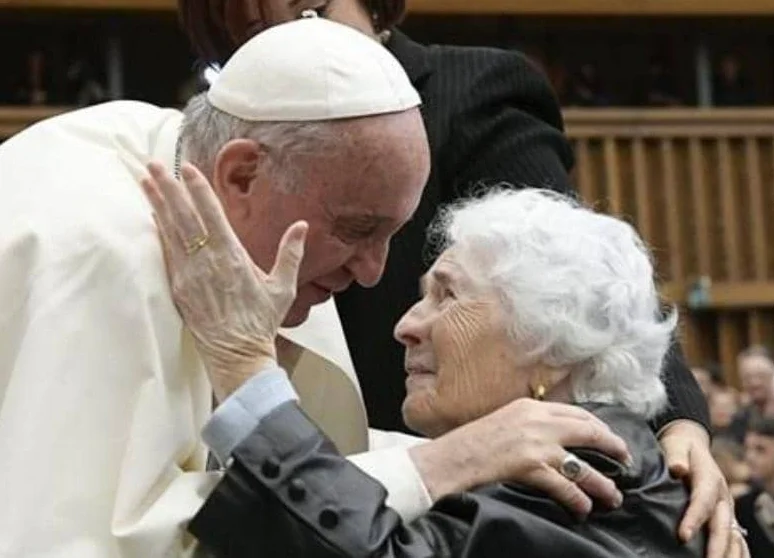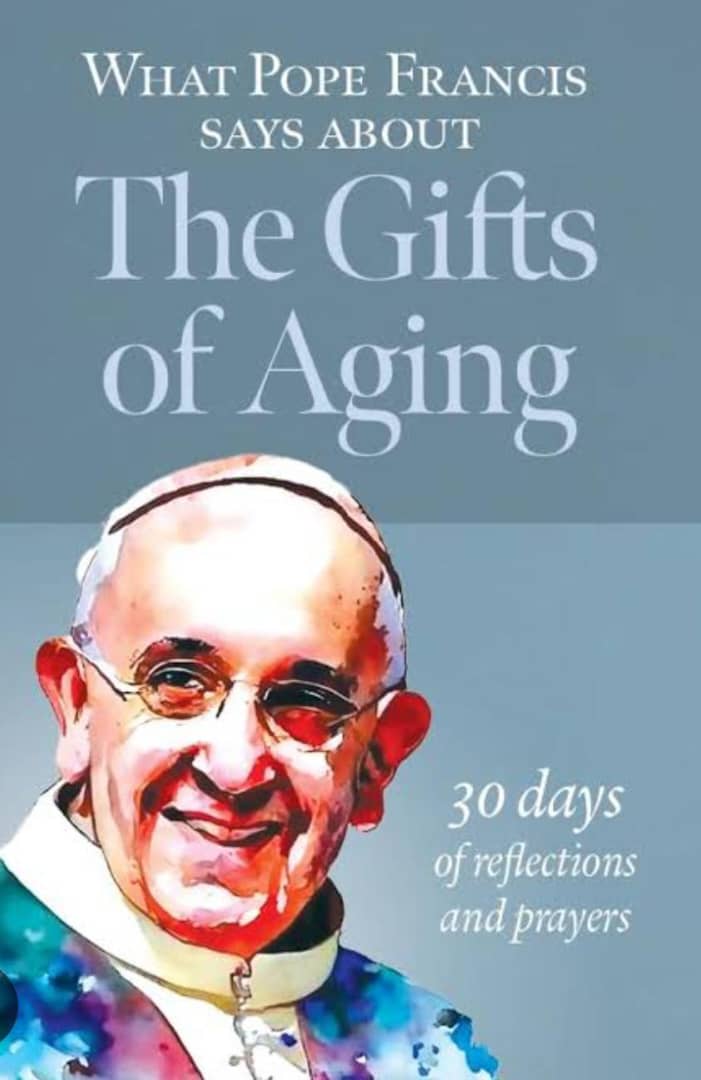New Beginning in Old Age: Pope Francis’ Last Reflection Strikes a Chord with Uganda’s Forgotten Elderly

In what is now one of his final personal writings before his death, Pope Francis left behind a heartfelt meditation on aging and death that speaks with rare clarity to a global audience — but it may ring with special poignance in Uganda, where the elderly often live out their days in silent isolation.
Penned as a preface to Cardinal Angelo Scola’s new book Awaiting a New Beginning: Reflections on Old Age, the text captures Pope Francis’ unflinching embrace of old age as a gift, not a curse.
“Yes, we must not be afraid of old age,” he wrote.
“To say ‘old’ does not mean to be discarded.” In a country like Uganda, however, where social changes and economic pressures have steadily eroded traditional family structures, that reassurance comes as both hope and rebuke.
While Uganda’s population remains overwhelmingly youthful, with over 75% under the age of 30, elders who once occupied esteemed roles in clans and communities now often find themselves forgotten.
In both rural villages and bustling townships, stories abound of grandmothers abandoned in crumbling huts, old men sleeping under market stalls, or elderly couples surviving alone on subsistence farming as their children migrate to towns or abroad.
Pope Francis’ words, written on February 7 this year, seem tailored to this context — even though they were meant for a wider audience.
Reflecting on Scola’s reflections, he called for society to rediscover the richness of slowness, listening, wisdom, and experience — qualities he believes are the natural fruits of old age, yet ones too often ignored in today’s fast-paced, youth-worshipping world.
“Saying ‘old’ means saying experience, wisdom, knowledge, discernment, thoughtfulness,” he wrote.
“Values of which we are in great need!”

For Ugandans raised in cultures where the elderly were once the living archives of the community, that message carries a deep resonance — especially now that the same elders are left without care, land, or voice.
Perhaps more striking still is the Pope’s call to view aging not with fear, but with gratitude.
“The problem is not that we become old,” he explained. “The problem is how we become old.”
The contrast is painful for many Ugandan elders who age without pensions, access to healthcare, or even regular companionship.
Urbanisation and globalisation have frayed extended family ties. The once-common sight of multi-generational households — where grandparents told stories around evening fires — is now rare.
Churches, once pillars of community support, are now stretched thin or silent on elder neglect.
Even the few government schemes for elderly support, such as the Senior Citizens Grant under the Social Assistance Grants for Empowerment (SAGE), reach only a fraction of those in need.
In the Pope’s own reflection, he returned repeatedly to the image of grandparents as beacons of moral stability and peace in society — their wisdom a light for young people navigating uncertainty.
“Their words, their wisdom can instill in the young a far-sighted vision,” he said.
“The wisdom of grandparents becomes a shining beacon.”
Yet in Uganda, that intergenerational relationship is growing rarer. Children raised in digital worlds and high-pressure schools are often cut off from their grandparents' experiences.
A grandmother in Busoga or Kisoro may not only live miles away from her grandchildren, but also worlds apart in culture and recognition.
Still, the Pope’s message offers a challenge to Ugandans — young and old alike — to reverse this tide of abandonment.
It calls on communities to reweave the broken net of care and respect, and to restore elders to the centre of family and national life.
That could mean local churches setting up elder fellowship groups, or local governments expanding housing and medical outreach.
It could also mean something simpler: checking on one’s grandmother. Listening to one’s grandfather.
As the nation reflects on the passing of a Pope who once set foot on Ugandan soil and walked among the country’s faithful in Namugongo and Kololo in 2015, his final gift may be this gentle yet urgent invitation — to see aging not as a decline, but as a beginning.
“Death is not the end of everything, but the beginning of something,” Pope Francis wrote, echoing his deep belief in eternity.
But before that final passage, there is time still for Uganda to turn back toward its elders, not only to honour them, but to learn again how to live — slowly, gratefully, and together.
In his final preface, Pope Francis reflects on aging with gratitude, urging society to value the elderly—an urgent message for Uganda, where many older people face deepening isolation and neglect.



0 Comments